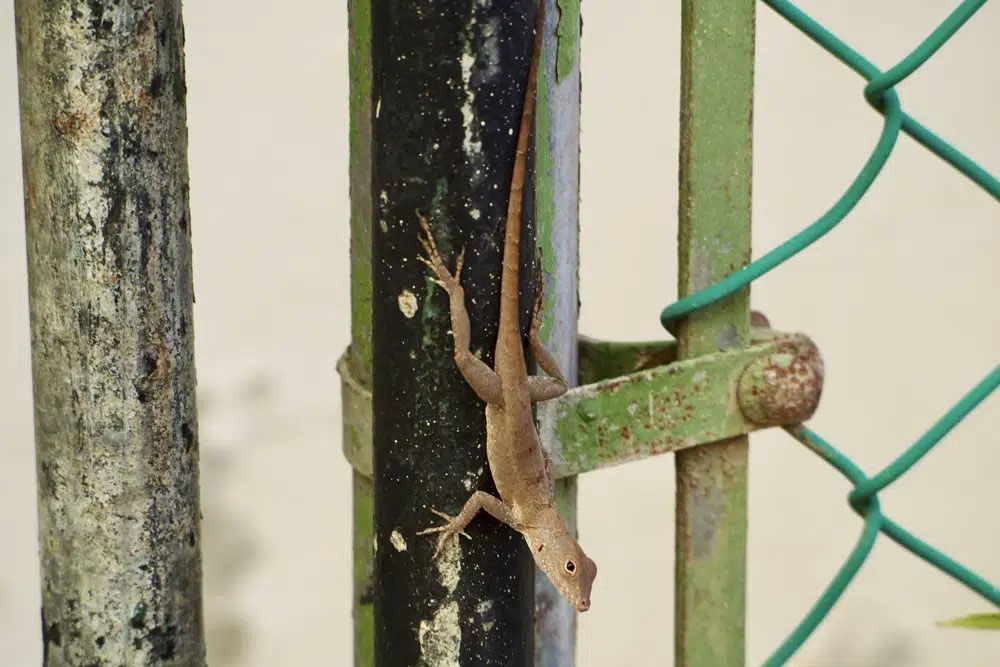Brian Verrelli, Ph.D., co-authors article on urbanization and genetic adaptation
Jan. 13, 2023

Urban sprawl is something that affects many of us, as cities and suburbs continue to encroach upon undeveloped land that are natural habitats to the creatures we share the planet with. A drive along the I-95 corridor between Fredericksburg and Washington, D.C. is a glaring example of how the footprint of a city is overcoming once rural areas.
The rapid expansion challenges wildlife to leave or adapt. A recently published article, authored by a collaboration of university researchers, answers how at least one species has genetically changed to flourish in their new environment.
Co-author Brian Verrelli, Ph.D., in the Center for Biological Data Science, is part of this team of researchers lead by Dr. Kristin Winchell at New York University. “As cities continue to grow, we need to know how they impact our local biodiversity and environmental health, and whether these impacts are similar for different cities,” states Verrelli. “Our study shows that forest lizards have adapted very rapidly and in very similar ways in their genetics to different cities across Puerto Rico. Whether this pattern is true for many organisms needs to be studied. But if so, it would help us make predictions about how organisms, including humans, adapt similarly to cities globally."
The article, published in January 2023, has already made news from the Associated Press, National Public Radio, and been recognized in major news sites around the world.
The article is published at The Proceedings of the National Academy of Sciences (PNAS), a peer reviewed journal of the National Academy of Sciences (NAS), Vol. 120 | No. 3: Genome-wide parallelism underlies contemporary adaptation in urban lizards
Follow Dr. Verrelli and learn more about his research at Verrelli Lab and on Twitter @TheRealVerrelli.